After 36 days sprint campaign, Canadians voted to elect a new federal government on September 20, 2021. Mr Trudeau was seeking 3rd term as prime minister two years before the end of his second term after assuming office in 2015.
The Liberal Party called for an early election to change the status quo and was hoping to form a strong majority government.
Liberals were looking for a clear mandate and wanted to capitalize on the initiatives taken by their government for the management of the global pandemic and the vaccination campaign.
As per the data, Canada happens to be one of the countries having the highest proportion of vaccinated people. Recalling pandemic-ridden seventeen months in one of his speeches, Trudeau said ‘Canadians deserve to choose what the next 17 months, what the next 17 years and beyond look like’.
But the snap poll gamble did not go well and the upcoming Canadian House of Commons would be ‘mirroring’ the previous one.
Although Liberals won the largest number of seats but could not manage to clinch the majority in the House.
Political columnist Chantal Hébert pointed out that ‘it looks like nobody wanted an election and no one got what they wanted.
Roland Paris, a professor at the University of Ottawa and a former foreign policy advisor of PM Trudeau, commented that this federal election weakened all the leaders of major Canadian political parties.
He further added that in this election, Trudeau emerged as a ‘victorious yet diminished figure’. If this election was not a ‘waste’ as seen by many in Canada then certainly it was unwise that also depicts that the Liberals have lost hold on the Canadian minds.
During electoral debates and speeches, Trudeau mentioned that managing relations with the Biden administration would be one among the topmost priorities of his future government if re-elected. But this will not be a cakewalk as dealing with transforming inward-looking, protectionist US would be a hard nut to crack for the Liberal policy-makers.
Now the election is over and Trudeau will be heading a minority government, one of the most significant concerns for the Liberal policymakers would be to change the constrained Canadian status in the international community.
When Justin Trudeau became the prime minister in 2015 he promised Canadians to bring Canada ‘back’ on the world stage.
It was believed by many that the Liberals might reinvent the Canadian role in the United Nations, re-engaging Canadian commitment to traditional peacekeeping and also recalibrating with the adversaries such as Russia and Iran.
But the catchphrase to restore Canadian image at the international level could not be materialized. In 2019 Jocelyn Coulon, a researcher at Montreal Centre for International Relations, published his work on Trudeau’s foreign policy and claimed that ‘Canada is Not Back’.Some of the foreign policy experts hold the view that Canada is ‘sleepwalking’ on the foreign policy front.
During this campaign, Trudeau reiterated his commitment to a bigger Canadian role in international affairs.
But the question remains that how the newly elected government would be able to deal with the domestic and foreign challenges.
Due to the transformed global environment, it became evident that Canadian foreign policy had to operate under a complex and uncertain environment.
New challenges concerning how and where Canada fits into the international system emerged. The substantial changes in the global context made it obvious for the Canadian government to re-examine foreign policy opportunities and challenges.
The last foreign policy review was held in 2001 when Jean Chretien of the Liberal Party was re-elected for the 3rd time in November 2000 and John Manly replaced Lloyd Axworthy as foreign minister.
The new government under prime minister Trudeau must make a frank assessment of Canada’s foreign policy to understand where Canada stands as of now and it should identify the challenges posed by the transformation of the geopolitical environment in Afghanistan and emerging equation in the Indo-Pacific region. Canada must reset its foreign policy goals based on a realistic-pragmatic approach.
A renewed emphasis on multilateralism would be the alternative to the same ‘old-fashioned’ multilateralism which mostly is seen as an approach to not going too close to the United States.
Both Canada and the US share so many things in common such as shared geography, common interests, similar values, multi-layered economic relations and managing relations with the Biden administration remains the topmost priority for the upcoming government in Canada.
At the same time, Canada must reinvent its image as a global player and trusted partner not only in global clubs such as G7, G20, NATO but also in the conferences on significant global issues such as climate change and global terrorism.
The new government must also address the ongoing attacks on the Canadian approach of ‘sleepwalking for years’ and emerging as the weakest link in the western alliance.
In these pressing times, the new government in Canada should re-energize its foreign policy. The foreign policy of Canada under the newly elected government under the leadership of Justin Trudeau undoubtedly demands a serious retrospection, introspection, and prospection to reinvigorate Canadian foreign policy and to bring Canada ‘back’ on the global stage.
During electoral debates and speeches, Trudeau mentioned that managing relations with the Biden administration would be one among the topmost priorities of his future government if re-elected. But this will not be a cakewalk as dealing with transforming inward-looking, protectionist US would be a hard nut to crack for the Liberal policy-makers.
The evolving ‘Biden Doctrine’and the continuing ‘Trumpism’ in the form of new realism emphasizing on putting ‘nation first’ brings its own set of challenges before the new government of Canada.
The best niche area to start with for these neighboring and old allies would be to join hands together to mitigate the governance and migration crisis in Central America.
Since the end of cold-war Canada has always tried to diversify its trade relations to lessen its dependence on the US. ‘Team Canada’ tours to different countries in the 1990s and early 2000s were the efforts to rev up trade and commerce deals with countries outside Western Europe particularly with emerging economies such as China and India.
Canada not having good terms with China due to myriad disputes on several fronts. The diplomatic crisis with China such as the arrest of two Michaels, cyber-attacks on the classifieds of the National Research Council and China’s eye on the Canadian arctic leading to a turbulent bilateral relationship between the two countries.
How to deal with the ‘new China’ which is more aggressive and determined will be one of the most puzzling questions before the Canadian policymakers.
Rules-based international order had been in favor of Canada and the changing geopolitical scenario demands extraordinary measures as well as adequately funded robust strategic policy.
Inclusive, resilient and free Indo-Pacific region in the post-pandemic age is the priority of every state. Canada, having very high stakes in this region, must join hands with the US and its old allies such as the UK, France, Japan, Australia as well as new potential partners such as India, Vietnam and Taiwan to chart out its foreign policy course in an emerging so-called ‘bi-polar’ world.
In these pressing times, the new government in Canada should re-energize its foreign policy. The foreign policy of Canada under the newly elected government under the leadership of Justin Trudeau undoubtedly demands a serious retrospection, introspection, and prospection to reinvigorate Canadian foreign policy and to bring Canada ‘back’ on the global stage.
(Dr Charu Ratna Dubey is Faculty at Gautam Buddha University, Greater Noida)


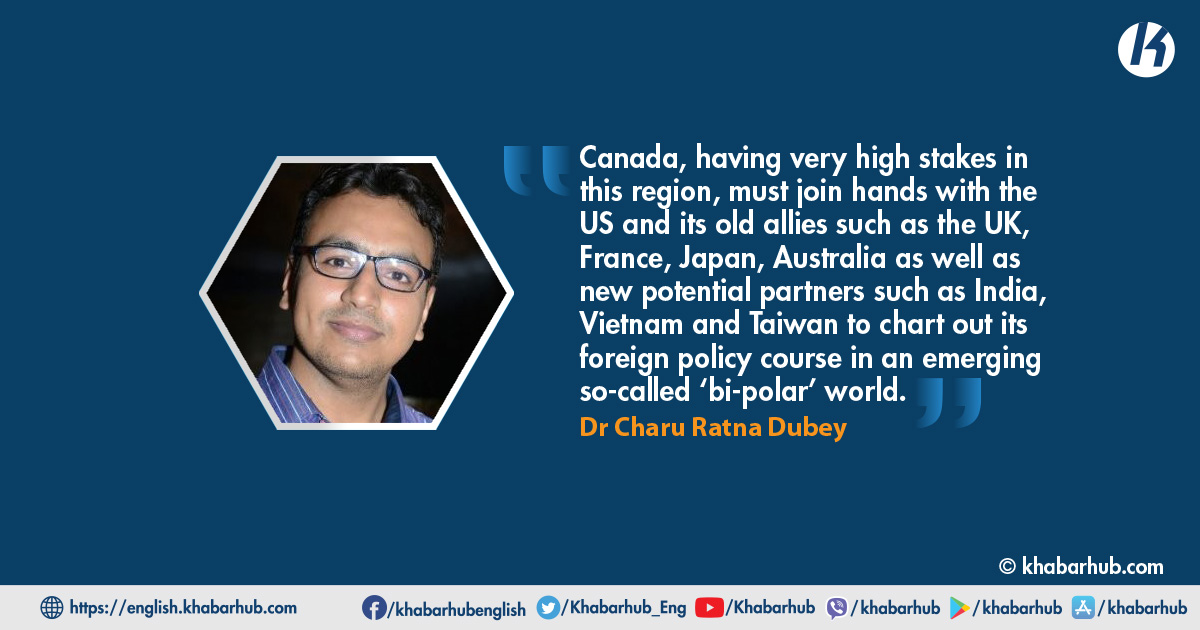
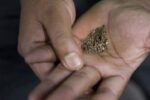
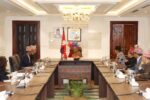
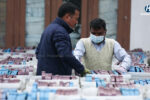
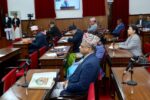
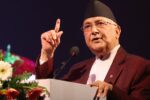

Comment